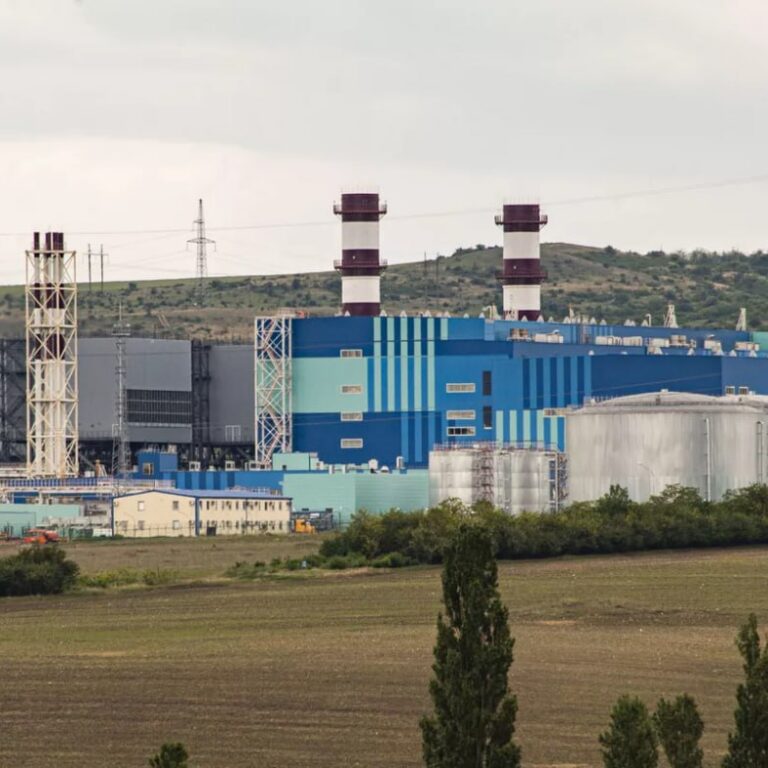We have previously written many times about the activities of transnational structures of the fishing mafia on the occupied peninsula, as well as about the scams of the occupiers related to the “development of the fishing fleet” and “subsidies to fishermen”. At the same time, in November, against the backdrop of constantly rising prices for fish, aggressor’s Sevastopol propagandists, “relying” on the fake “head of the association of fish producers of Sevastopol and Crimea” Valery Sivochub, tried to give “calming explanations” for the current situation.
It is noteworthy that even the occupiers-controlled “media” no longer seeks to hide the role in the fish shortage and “restrictions of navigation areas” by the aggressor military and the rise in fuel prices. But at the same time, “journalists” from the aggressor propose to consider something else as the “main reason” for the shortage, namely “small catch”, and occurring “everywhere, from Tarkhankut to Adler”, which allegedly began in the spring of 2023.
At the same time, it is proposed that the main “culprits” for the rise in prices are the “resellers of the Krasnodar Territory” who cover their “scarcity of fish” by allegedly “total buying” it in the Crimea. In addition, Sivochub and the “journalists” directly hint that the million-dollar “funds to support fishermen” promised and even allegedly “allocated” by the occupiers did not actually reach the “entrepreneurs”, and for a banal reason: the “fishermen” were afraid to apply for them, since the funds were allocated “exclusively for those who need it” and “extra mouths to feed” here would very quickly learn what “poaching”, “fines” and “deprivation of permits” are.
However, such “deep frankness” from Sivochub and the propagandists is quite prosaic: they are clearly not against extracting at least a share from the “administration” in 2024 from the corrupt “pumpkin and mullet”, trying to “manually” limit the export of Crimean fish by “competitors” to Russia, as well as to “whitewash” the military aggressor in a situation of fish shortage. But if you “believe” Sivochub and company, then a fairly simple rhetorical question remains unanswered: what actually happened by the spring of 2023 in the waters of the Black and Azov Seas if there was “strikingly less fish” in them.







